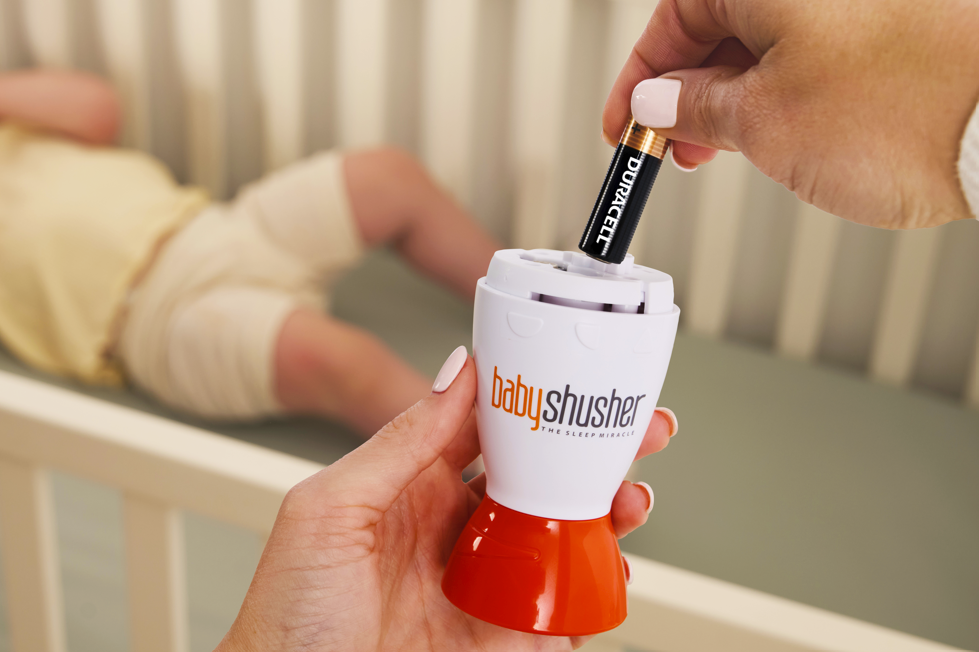This blog post is brought to you by Rebecca Michi, a certified pediatric sleep consultant with years of experience helping families navigate the challenges of baby sleep. In this post, she shares her professional insights and practical tips to help you manage and overcome sleep regressions with confidence.
We’ve all been there—just when you think your child is sleeping well, a sleep regression hits, and it feels like all your hard work has unraveled! Suddenly, your once peaceful sleeper is waking up again, and you’re left with eye bags bigger than your coffee mug. But before you panic, let’s pause for a moment. I want to reassure you, you haven’t lost all the progress you’ve made. Sleep regressions are normal, and there are steps you can take to get things back on track quickly. Here’s what you need to know about sleep regressions and how to help your little one through them.
The 4-Month Regression
This is when your baby’s sleep starts to mature, and they begin cycling through light and deep sleep stages, more like adults. Their sleep cycles now last about 45 minutes, which can make it seem like they’re waking up more often.
The 6-Month Regression
At this stage, falling asleep for naps and nighttime might become a little harder. Fortunately, this regression tends to be easier to navigate compared to the 4-month one.
The 9-Month Regression
Buckle up! This regression can last up to six weeks (I know, yikes!). Around this age, your baby might be learning big new skills like crawling, standing, or cruising, all of which can disrupt their sleep. They’re also entering a major phase of separation anxiety. Getting them to fall asleep on their own might feel impossible—but don’t worry, this too shall pass!
The 12-Month Regression
Just when things start to settle after the 9-month regression, the 12-month regression comes knocking. The silver lining? It usually doesn’t last as long as the 9-month one. You’ve made it this far, and you’ll get through this too!
The 18-Month Regression
Things get a little more challenging now! By 18 months, your child has developed opinions about bedtime and may resist sleep more than before. This is all part of their growing independence.
The 24-Month Regression
Similar to the 18-month regression, this one is fueled by your toddler’s strong will and personality. Hang in there—this phase won’t last forever!
How to Handle Regressions
The goal is to help your child move through the regression quickly and get back to their regular sleep patterns. The good news is that most regressions (except for the 9-month one) can be managed with some patience and consistency.
During the 9-month regression, your child might need more comfort at bedtime due to the combination of separation anxiety and developmental leaps. It’s okay to offer extra support, but be mindful not to create new habits. For example, sit next to your child while they fall asleep, but avoid rocking them or feeding them every time they wake up. A consistent routine will help them feel secure and minimize anxiety.
For the other regressions, try to go with the flow without introducing new sleep habits. Yes, you’ll lose some sleep, but sticking to your regular routine will help your child adjust faster. Be prepared for some tired days, but know that if you remain consistent, your child will move past the regression, and everyone will be back to sleeping better in no time.
A Quick Note About Toddlers
When your baby becomes a toddler, things can get more… interesting! Toddlers love to be in charge, and bedtime is no exception. It’s essential to maintain your role as the one in charge, even when they resist. A toddler who calls the shots at bedtime often ends up needing more help and waking up frequently during the night. So, stay consistent, stay calm, and remember: you’ve got this!
If you’re looking for a little more support, you can find it on my website. www.childrenssleepconsultant.com

